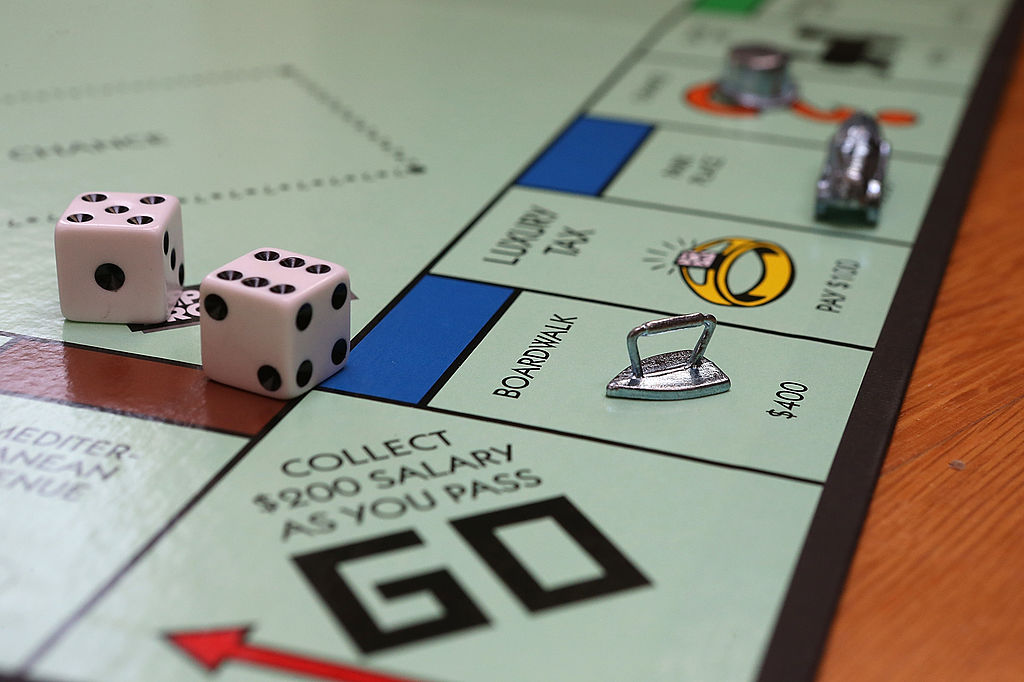Why was the winner of the world’s most prestigious prize for board game makers banned immediately after the ceremony by the very organization that awarded him?
Palestine.
When Daybreak won the Spiel des Jahres (SdJ, or “Game of the Year”) for the best “expert” board game, it affirmed what many reviewers and players knew: the game, which models geopolitical blocs cooperating to solve the climate crisis, broke new ground and showed that board games can be important tools for reimagining urgent social issues.
But when one of the designers dared to quietly demonstrate solidarity with Palestine at the SdJ awards ceremony in Berlin in July, a scandal erupted.
This story could be counted as simply another example of a German institution’s fanatical anti-Palestinian bias — the kind that, in other contexts, has seen Palestinians and their supporters surveilled, arrested, deported, blacklisted, and defamed.
But it also raises a wider question of board games’ politics today, in a moment of burgeoning fascism and deepening crisis. And these politics matter. Games are not only fun ways to come together. They play a unique role in helping us envision new worlds and new ways of working together.
During the pandemic, London-based game designer Matteo Menapace began working with Matt Leacock, creator of the legendary Pandemic series of board games. The first of these highly innovative games was released in 2008 to widespread acclaim, busting the myth that cooperative games are boring and sanctimonious. When the global COVID-19 outbreak forced billions…
Auteur: Max Haiven

